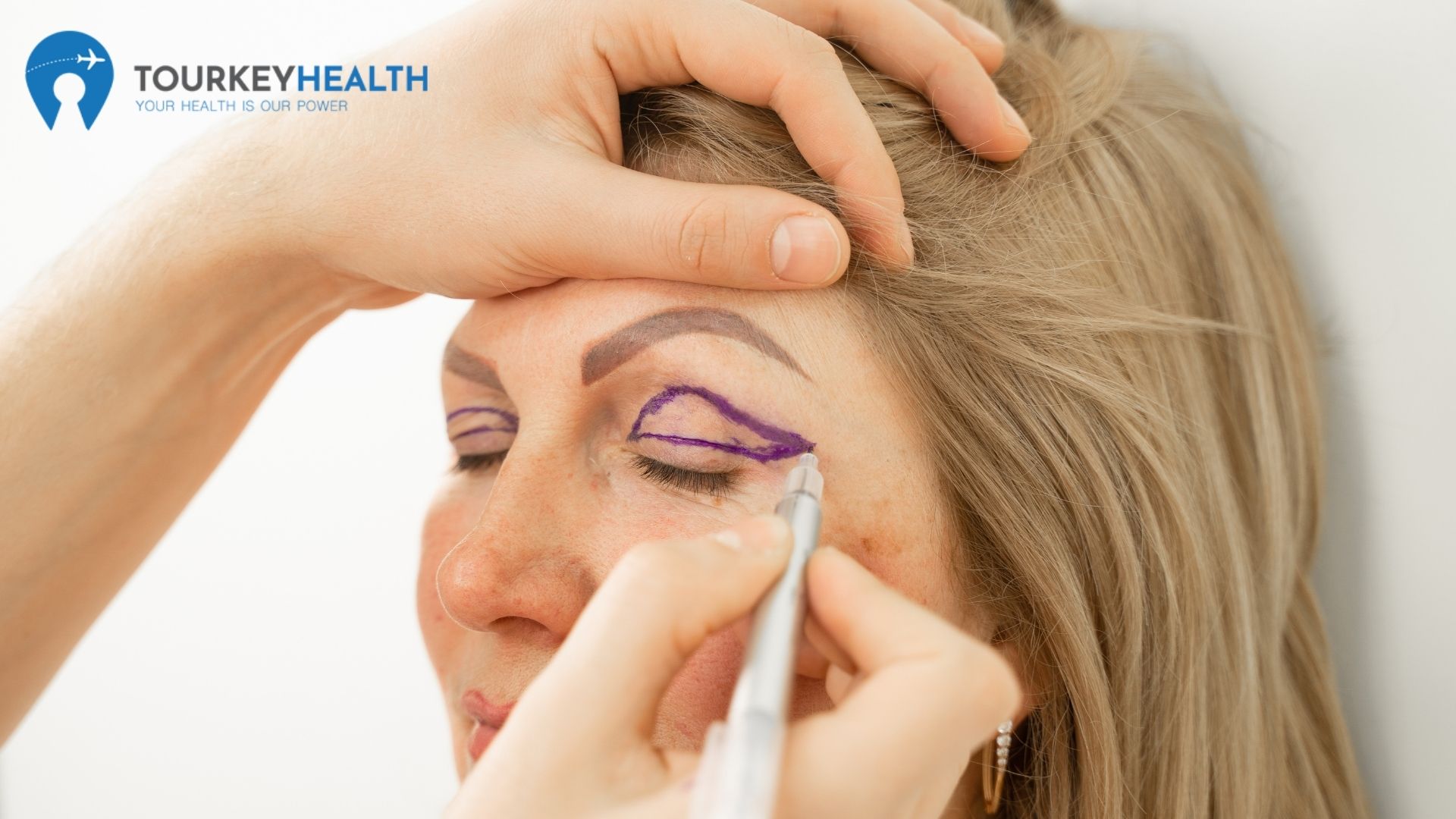
What is blepharoplasty (eyelid surgery)?
Blepharoplasty procedure, often called eyelid reduction surgery, is a procedure used to modify the eyelids. Upper-eyelid surgery might enhance your eyesight and make you appear younger. Our muscles sag as we age, and our skin loses suppleness. This causes folds in the top lids and deepening wrinkles in the lower lids. Furthermore, the slackening of the muscle beneath the skin permits the fat that cushions the eyes in their sockets to protrude forward, giving the appearance of bagginess. Bags form throughout early adulthood in certain families due to an inherent propensity.
Who is a good candidate for blepharoplasty?
People seeking anti-ageing therapies are more likely to seek out eyelid operations. Sagging skin around your eyes is a normal part of ageing, but if you feel it is unpleasant, you may want to explore this sort of surgery. Candidates may also undergo blepharoplasty if they have noticeable bags beneath their eyes or if their brows are beginning to droop.
For some, blepharoplasty is more than just a cosmetic procedure. If sagging skin impairs your eyesight, you may be an excellent candidate for this operation. Some people may claim that the dangling skin obscures their eyesight when they gaze up.
The circumstances in which blepharoplasty is suitable are listed below:
- Instances where the eyelid's skin does not firmly attach to the tissues beneath it.
- Drooping upper eyelids (Ptosis)
- Eyes' lower lids drooping (Ptosis)
- Pictures that are asymmetrical on the eyelids
- Obstructions on the eyelids,
- Colour of the skin
- Lines drawn by crows
- Eyelid wrinkles and lines around the eyes
- Ageing, gravity, allergies, and heredity can all lead to sagging eyelids.
- Ptosis, which causes the eyelid to droop, astigmatism brought on by pressure on the cornea, and lazy eyes, especially in youngsters, all reduce a person's field of vision.
- Headache and eye fatigue as a result of the eye's malformation
What should be done before aesthetic blepharoplasty?
An accredited doctor on hand.
The most crucial step is to find a qualified medical professional. This approach will reduce the likelihood of complications.
Several commonly used medications are no longer in use.
Before the procedure, it is best to avoid using medications like aspirin, blood thinners, and vitamin E preparations. Additionally, since some herbal mixes and supplements may have blood-thinning effects, it would be advantageous to avoid using them.
Stop eating and drinking.
Typically, local anaesthetic is used throughout the procedure. Food consumption should stop around 8 hours before the procedure; however, general anaesthesia can also be used. The food may rise to the top of the stomach of the patient who is under general anaesthesia and clog the airway.
Give up drinking and smoking.
Both drinking and smoking have harmful side effects. Nicotine weakens the immune system, narrows blood vessels, reduces blood oxygen levels, delays wound healing, and increases the risk of infection. If at all feasible, their usage should be stopped 10-15 days before the procedure due to the stated negative effects.
The doctor should be informed if you are pregnant.
It should be disclosed to the doctor if there is a pregnancy or a chance of pregnancy.
Onday of the operation, there are tasks to complete.
Take regularly used medications, such as blood pressure and diabetic medications, first thing in the morning with a sip of water. On the morning before the procedure, having a shower is not harmful. Avoid using makeup, hairspray, gel, or nail paint on the day of the procedure. Clothing should be comfy and simple to wear. Typically, the hospital provides the attire needed for the operating room. Special accessories like rings, necklaces, and earrings shouldn't be worn, and you shouldn't bring expensive items with you into surgery. Contact lenses and dental prostheses should be taken out before surgery for those who wear them.
Please contact us for more information!
